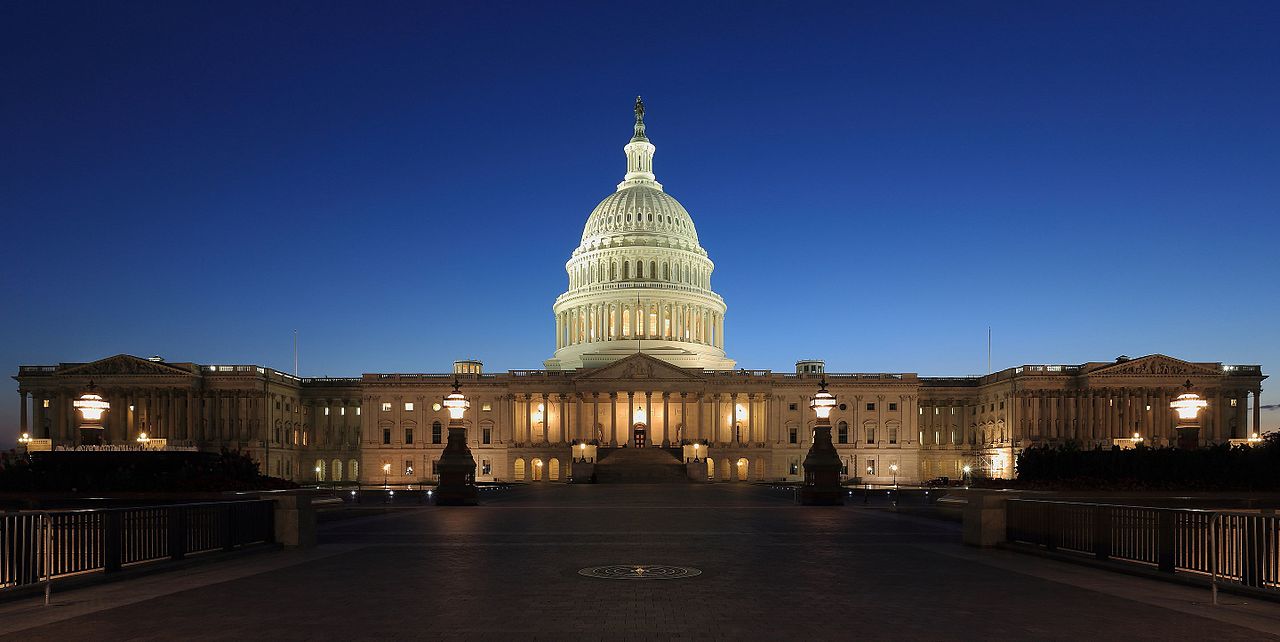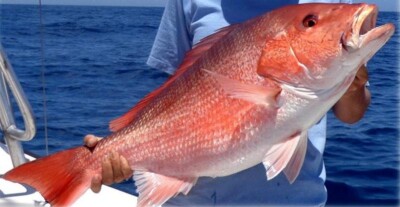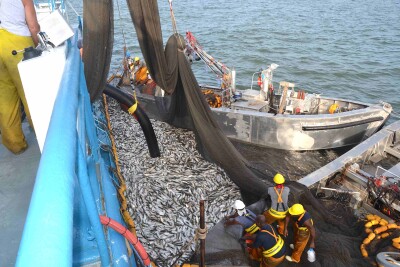As I write this, the government is shut down and awaiting a vote to kick the can down the road on the budget. I’m watching the emails roll in about canceled meetings, postponed decisions and delayed starts. I heard as much as a quarter of the presenters at the Alaska Marine Science Symposium were federal employees who had to cancel their flights the day before it was scheduled to begin in Anchorage in January.
If you’ve never been to Alaska, you may not know how difficult it can be to get there — especially in the winter. But the window is good right now. The timing would be perfect. If not for a disaster thousands of miles away in Washington.
Maybe they’re the ones who need disaster funding.
The week’s scheduled Bureau of Ocean Energy Management meetings on offshore oil drilling were postponed. (Though you can still submit your comments online.)
I know there are many reading this who’ll say, “Good. Let them drown in the swamp.” I completely understand the sentiment. It is hard to watch well funded and hard-lobbying special interests win at every turn, leaving the average American farther behind, more frustrated with the lack of leadership at the helm and left holding the bag when it all comes to a grinding halt.
A shutdown is not an effective method of resolving our woes with Washington. In fact, it primarily affects those of us who are lowest on the food chain — those who are not served by essential personnel.
If a shutdown continues into the workweek, 41,600 of Commerce’s 47,900 employees would be on furlough; that’s an 87 percent cut in staff. But the good news is the Office of Management and Budget requires each department to provide and update a plan for emergency operations in the case of a government shutdown.
In the event of a shutdown, according to the Commerce document, fisheries law enforcement continues unabated, as does quota monitoring, observer coverage and regulatory actions to prevent overfishing. So while you may not be able to finalize the necessary paperwork to take your next trip, observers would be ready and waiting. (Read New Jersey fisherman and NF Highliner Jim Lovgren’s Dock Talk about the machine that is the observer industry on page 7.)
The Gulf of Alaska cod fishermen are already facing an 80 percent cut in quota for 2018 and scrambling to bridge the gap in what has become a bread and butter fishery for many young fishermen. Any shutdown would put a hold on critical research into the collapse of that region’s biomass. Read more about the gulf’s Pacific cod cuts and how the fleet is planning around them on page 20.
The first responder network stays intact through a shutdown, as well, as it falls under the exemption of being necessary to protect life and property. However, federal quotas, management plans, permits and any regulatory questions left in the balance would have to wait.
Fishermen have seen it all, of course — shutdowns, natural and manmade disasters, a sea change in management and regulations. Each storm that passes may leave you a little worse for the wear for a short time, but ultimately it makes you better prepared for the storm yet to come.







